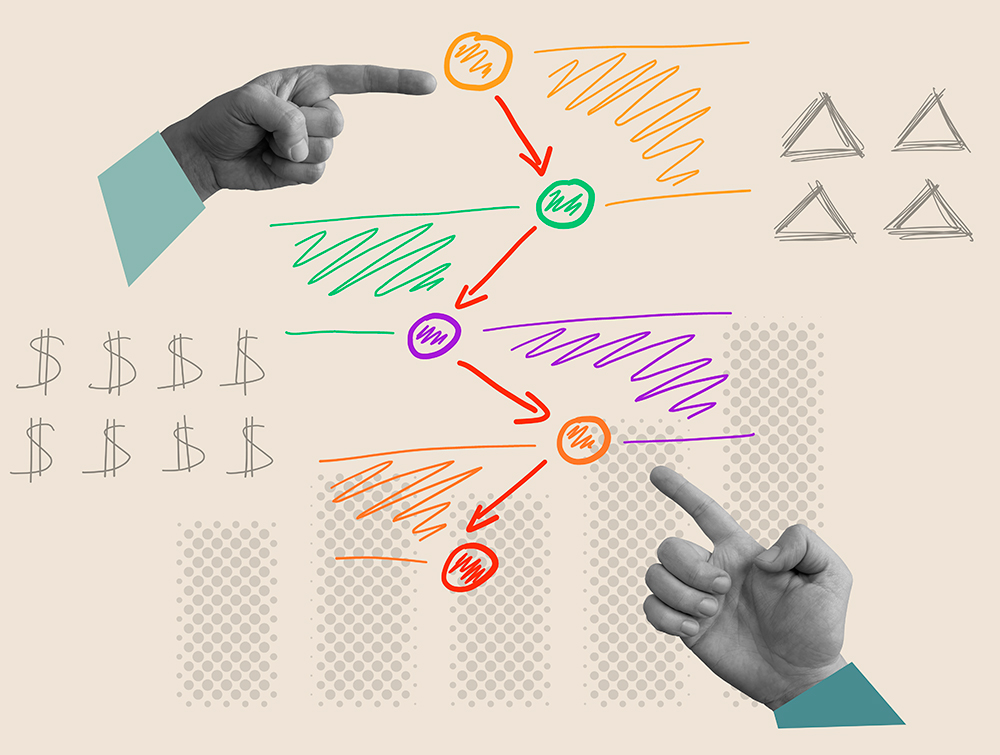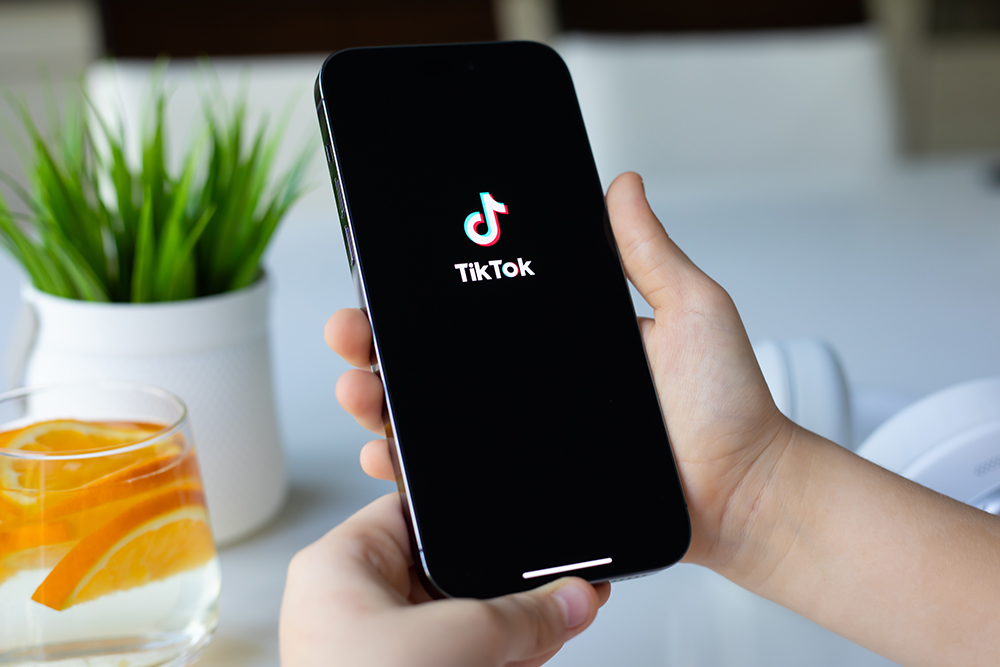How Generation Z Changed the Way We Consume and the Sales Funnel
Generation Z, composed of individuals born between 1995 and 2010, has significantly transformed the way brands connect with consumers and, consequently, how the sales funnel operates. Raised in a digital environment, this generation has unique expectations and behaviors that have altered how they buy, research, and engage with products and services.
In this article, we will explore how these changes have impacted the traditional sales funnel and what businesses need to do to adapt.

Generation Z: Digital Natives with High Expectations
Generation Z is the first truly digital-native generation. From an early age, these individuals have grown up with access to mobile devices, social media, and a wide range of information. This has allowed them to develop sharp content-filtering skills and higher expectations regarding shopping experiences.
For Generation Z, online research is an essential component of the purchasing journey. They are highly selective and demand transparency from brands. Additionally, they are quick to abandon a brand or product that does not meet their expectations. This has created the need for a more agile and authentic approach to marketing and the sales funnel.
The New Sales Funnel: From Awareness to Fast-Paced Conversion
Traditionally, the sales funnel is structured into three main stages: awareness, consideration, and decision. However, with Generation Z, this funnel has become less linear and much more accelerated.
Awareness: Generation Z discovers new products and brands through various digital sources, including social media, influencers, short videos, and streaming platforms. Visual tools like Instagram and TikTok are their main discovery points. This means brands need to be present across multiple channels and offer visually appealing content that can quickly capture attention.
Consideration: Generation Z’s purchase consideration is influenced by online reviews, social media comments, and recommendations from friends or influencers. They connect more with brands that seem authentic and transparent.

If a company demonstrates purpose and values aligned with theirs, the purchase decision tends to be quicker.
Decision: The decision process is also more dynamic. Generation Z often makes purchasing decisions based on micro-moments—short, quick interactions that can occur anywhere, such as during a YouTube video or a recommendation on Instagram. E-commerce plays a vital role at this stage, as mobile devices are their primary purchasing tool.
Personalization and Speed: Two Essential Pillars
To win over Generation Z, brands must invest in personalization and speed. This generation is accustomed to tailored experiences and expects brands to understand their interests, shopping habits, and personal preferences. This means using data to offer highly personalized and relevant product recommendations.
Additionally, speed is critical. Generation Z values fast and efficient shopping processes, with quick delivery and immediate customer service. Shopping cart abandonment, for example, is a significant issue among this generation, often caused by a slow checkout process or delayed customer service responses.
The Power of Communities and Influencer Marketing
Another transformative aspect brought by Generation Z is the power of online communities and influencer marketing. This generation highly values the opinions of influencers and their peers, often trusting them more than traditional advertisements. This means brands must engage with content creators and form authentic partnerships that resonate with the audience.
Platforms like TikTok and Twitch are fertile ground for building brand communities and promoting products in a more interactive and engaging way. Instead of direct ads, Generation Z prefers authentic stories and experiences that align with their values and interests.
Moreover, Generation Z deeply engages with social and environmental causes. Brands that show a genuine commitment to sustainability, inclusion, and social responsibility are more likely to earn this generation’s trust.
Technological Adaptation: Artificial Intelligence and Automation

Generation Z’s expectations regarding personalization and agility are directly related to the use of emerging technologies, such as artificial intelligence (AI) and automation. These tools allow brands to offer more personalized and efficient shopping experiences, from product recommendations to customer support.
With AI, it is possible to predict consumer behavior and optimize every step of the sales funnel. Brands that invest in chatbots, for example, can provide fast, automated responses, which is highly valued by Generation Z. Additionally, retargeting and dynamic data-driven campaigns are essential to keeping this generation engaged.
The Impact of Social Media on the Sales Funnel
Social media plays a crucial role in Generation Z’s sales funnel. Platforms like Instagram, TikTok, and YouTube are not only discovery channels but also places where purchase decisions are influenced and finalized.
The content format on these platforms is short, visual, and often interactive. Generation Z responds to creative campaigns such as viral challenges, user-generated content, and native advertising, which do not interrupt the browsing experience.
Additionally, the concept of social commerce (shopping within social networks) has been growing rapidly.
Instagram Shopping and TikTok Shopping allow consumers to make purchases directly through the platforms, shortening the sales funnel and offering an integrated, seamless experience.

According to Rafael Kiso, CMO of mLabs, based on data collected from Sprout, the top social media channels used by Generation Z for both news and shopping are TikTok and Instagram.
Adapting to the New Sales Funnel
Generation Z has brought about a radical transformation in consumer behavior, requiring brands to rethink their marketing and sales strategies. The traditional sales funnel has been replaced by a cycle of continuous and personalized interaction that demands speed, authenticity, and innovation.
Companies looking to win over this generation must be prepared to meet their expectations by offering immersive, personalized, and fast experiences while demonstrating solid values and purpose. Generation Z is the future of consumption, and understanding how to shape the sales funnel to meet this new audience will be essential for brands’ success in the coming years.
Enjoyed this content?
Then be sure to check your inbox for more tips from Mark Publicidade!
See you soon! 😊

Giovanna Marques
Graduated in Literature. She has experience in translation, text editing, and content creation. Currently, she is a copywriter at Mark Publicidade and strives for clear and didactic communication in her texts. She values versatility and creativity.
